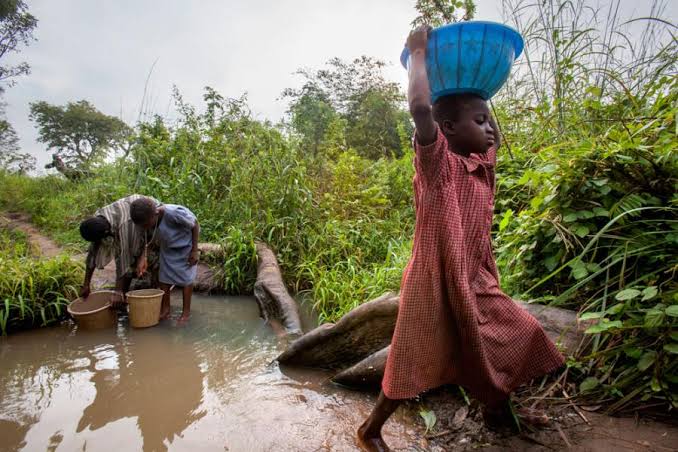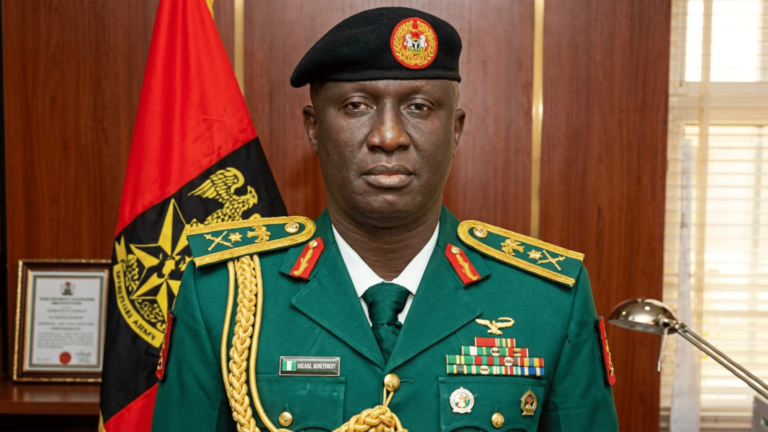
Nigeria’s Minister for Water Resources, Engr. Prof. Joseph Terlumun Utsev, is prioritizing international collaboration to address the country’s persistent water challenges. With limited domestic resources, Nigeria is actively seeking partnerships with international organizations to secure funding and technical assistance for sustainable water management practices.
Reliance on Foreign Aid:
Nigeria’s dependence on international partnerships highlights the limitations of its domestic capacity to address complex water resource management issues. Collaborating with international organizations is seen as a way to access global best practices, innovative solutions, and much-needed financial resources to develop infrastructure, improve water quality, and enhance service delivery. However, critics argue that over-reliance on foreign aid can create dependencies and undermine local ownership of development initiatives.
Key Areas of Collaboration:
- Funding for Infrastructure Projects: International partners are expected to provide financial support for large-scale water projects, such as dam construction, water treatment facilities, and distribution networks. The effectiveness of these investments will depend on transparent procurement processes, efficient project management, and addressing potential environmental and social impacts.
- Technical Assistance and Expertise: The Nigerian government aims to access specialized knowledge and technologies through collaborations with global organizations. This expertise is intended to improve the efficiency of water management systems and address issues such as water scarcity and pollution. However, the transfer of technology and knowledge must be adapted to local conditions to ensure sustainability.
- Capacity Building: International partnerships are expected to include training programs for local personnel in water resource management. The success of these programs will depend on the relevance of the training content, the quality of the trainers, and the opportunities for trainees to apply their new skills in their workplaces.
- Research and Innovation: Engaging with international research institutions is intended to lead to innovative solutions tailored to Nigeria’s unique water challenges. Collaborative research can drive advancements in sustainable practices, but it must be linked to practical applications and address the needs of local communities.
Recent Initiatives and Concerns:
Under Prof. Utsev’s leadership, the Ministry of Water Resources has been pursuing agreements with various international organizations, including the World Bank, African Development Bank, and United Nations agencies. While these partnerships hold promise, concerns remain about the potential for corruption, the lack of transparency in project implementation, and the failure to involve local communities in decision-making processes. The long-term sustainability of these initiatives will depend on addressing these challenges and ensuring that water resources are managed equitably and sustainably for the benefit of all Nigerians.



